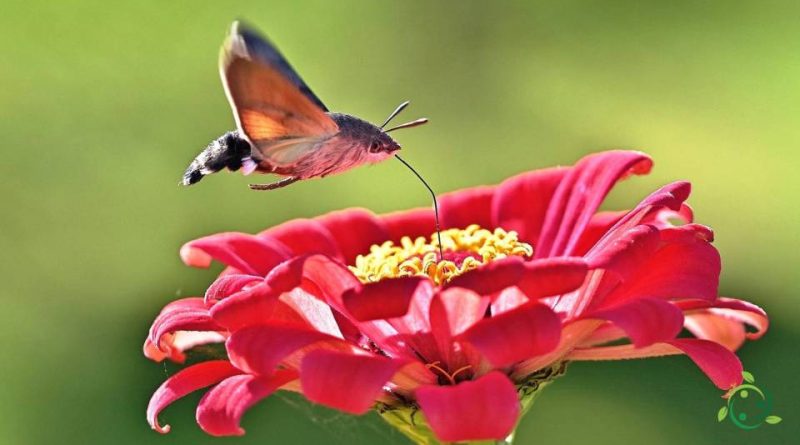Falenophilia
Falenophilia
The term falenophilia is a word derived from the Greek words ϕάλαινα or ϕάλλαινα, moth and ϕιλία “love, friendship” filia.
Literally related to or suitable for moths.
In botany, phalenophilia refers to the type of pollination performed by moths, which flutter in front of the flower without landing. The moths use their spirits (which is the mouthparts of the moths, formed by several parts that joined together form a tube through which they suck the nectar) to reach the nectar of the flower. Moths usually pollinate large tubular flowers, where their large spirits rest.
Falenophilia affects plants with large flowers, usually white, with a lot of nectar, strong and sweet smell, which open at night (Oenothera, Nicotiana, Yucca).

